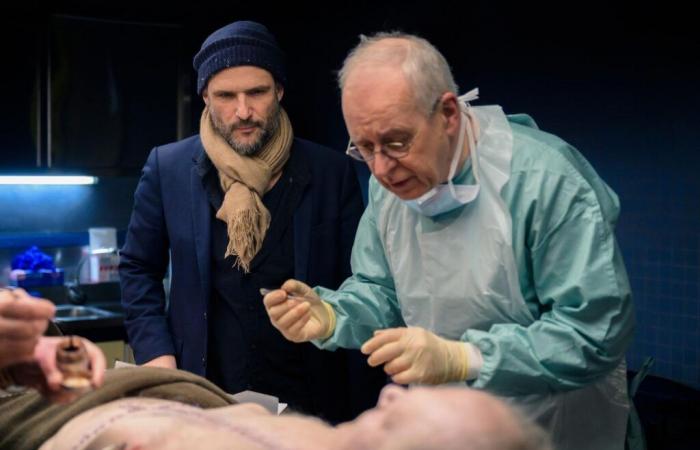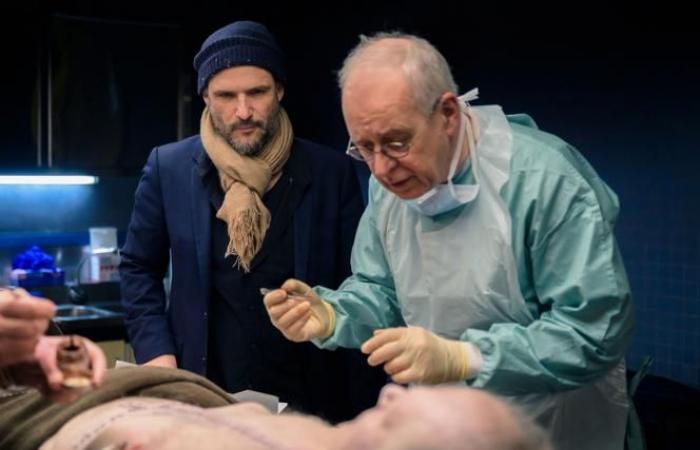If we fix his date of birth at the release of Thomas Lilti's first feature film, Hippocrates at 10 years old. The series spawned by the film is in its third season and we have become accustomed to this meeting with a group of emergency doctors on the front line facing the hospital crisis. The author and director returns to this unique chronicle which holds up to French society the merciless mirror of fiction.
Read also | Article reserved for our subscribers “Hippocrates”, a third season in hypertension
Read later
What's different in this third season?
During the promotion, I heard that it was more political, more violent, harder. I don't know. To tell the story, filming of the second season was interrupted by confinement. Our (fictional) hospital becomes inactive at a time when the other hospitals are running at full capacity. I decide to return to work at the hospital, not at all to amass fiction material, but in the spirit of a committed person and also out of guilt for doing nothing. And I am hit hard by the reality of what I have been saying for some time in Hippocrates. The first thing I hear when I arrive is an intensivist saying to a doctor: “Are you aware that we won’t be able to save everyone? »
And then I see the system put in place, the sorting of odds and ends. I still have to finish season 2 and I summon Covid-19 at the end of the season. She talks about the state of the hospital before the pandemic. At first I told myself that the next one would be Covid. And then no, Hippocrates Don't look in the rearview mirror. We must tell the story of the hospital just after the crisis. And that is undoubtedly why it is more political, more violent. We applauded the caregivers for a few weeks at the windows, and three years later the caregivers are no longer there, they left, they got fed up. Commitment, the desire to do one's job well are no longer enough. And then there was the desire to tighten the series to six episodes. There it is the director who speaks. What I like least in the series are the side roads.
So, no subplots…
I like the attachment to the characters that is born in the series. But it’s the characters who do the action. I also like to focus on a theme. What I found was care, resistance, civil disobedience. When we get to the point where the rules, the institutions are unbearable because they prevent us from doing things well. And then, to return to the new features, there is this frantic pace and the possibility of exploring territories, like genre. The fourth episode is almost a closed session, the beginning of the first episode is an action film, while respecting the principles ofHippocrates. Or even gory, some scenes are quite bloody.
You have 49.36% of this article left to read. The rest is reserved for subscribers.







